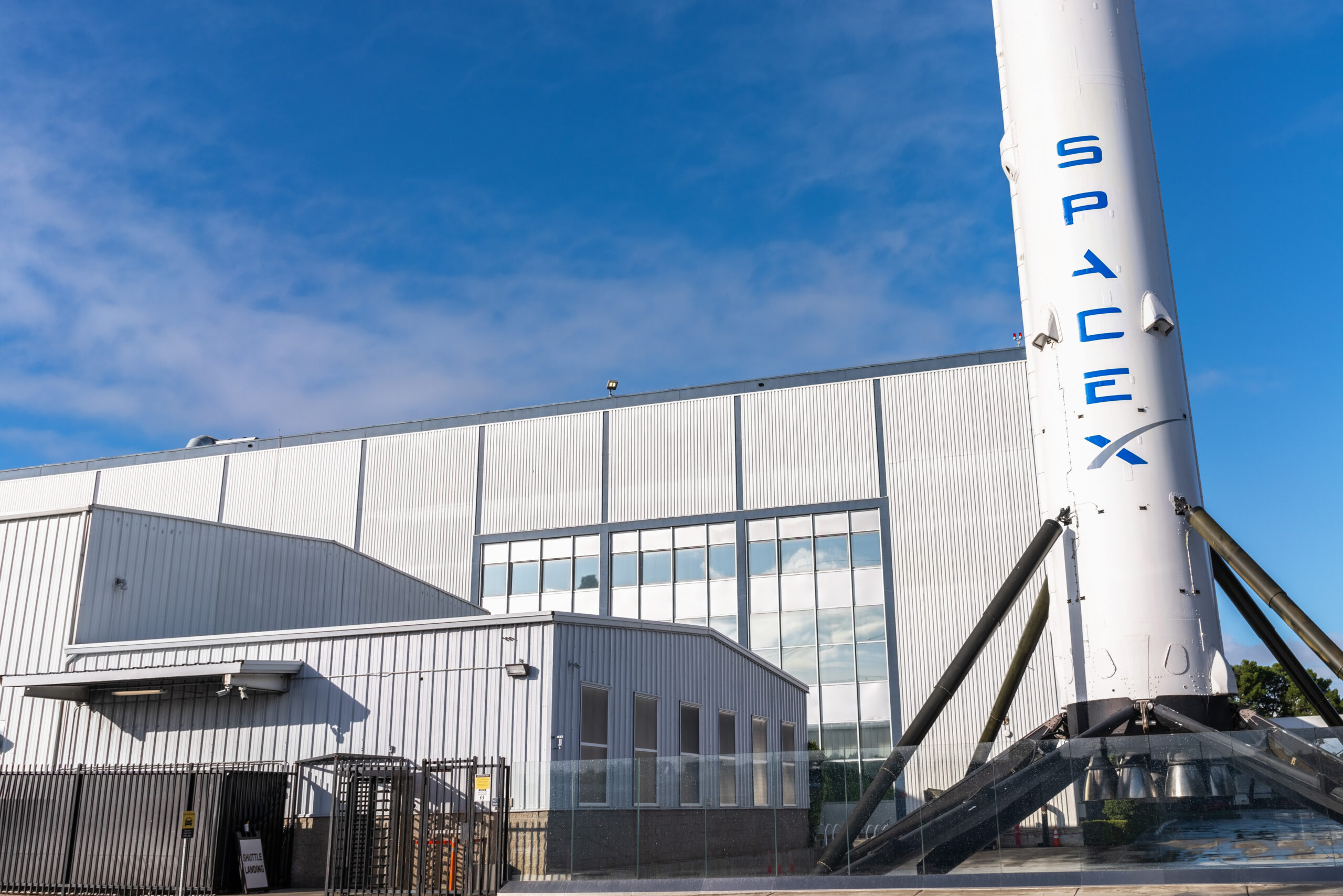Contracts in JEOPARDY – Experts WARN Trump

Trump’s threat to cancel SpaceX’s government contracts over a feud with Elon Musk could jeopardize America’s space dominance and national security, but experts say the relationship may be too vital to sever completely.
At a Glance
- SpaceX has received $21 billion in government contracts with $13 billion still outstanding
- The company launched 83% of all satellites put into orbit worldwide last year
- Legal experts warn canceling contracts out of spite would trigger lengthy legal battles
- National security agencies rely heavily on SpaceX with few viable alternatives
- Trump could redirect NASA’s mission goals away from Mars, undermining Musk’s vision
America’s Space Dominance at Risk
SpaceX has become an essential component of American space supremacy, with its Falcon rockets accounting for 83% of all satellites launched globally last year. The company has secured at least $21 billion in government contracts, with $13 billion still outstanding. President Donald Trump’s recent threat to cancel federal contracts with Elon Musk’s companies has raised serious concerns about potential disruptions to national security and space exploration initiatives. The dispute highlights the complex relationship between private space companies and government agencies that fund their operations.
Limited Alternatives for Critical Missions
National security experts emphasize that finding replacements for SpaceX would be extremely challenging in the short term. United Launch Alliance (ULA) and Blue Origin are potential competitors, but both are still scaling up their operations and lack SpaceX’s proven track record and launch capacity. NASA relies on SpaceX for cargo and astronaut delivery to the International Space Station, while the Department of Defense depends on the company for national security satellite launches. This dependency creates a situation where the government has limited leverage despite political disagreements.
Legal experts point out that canceling contracts purely out of personal animosity would trigger lengthy and costly legal disputes. Kimberly Siversen Burke, an analyst quoted in Forbes, stated that the U.S. government is “simply too locked in to cut them off over a social media meltdown.” This assessment reflects the practical reality that space infrastructure remains vital to national interests regardless of personal or political conflicts between key figures.
Vulnerable Programs and Shifting Priorities
While major contracts may be difficult to terminate, smaller SpaceX initiatives could face greater risk. A $140 million Air Force program and a $537 million contract for Starlink services to the Ukrainian military might be more vulnerable to political pressure. Additionally, the Commerce Department could potentially exclude Starlink from participation in a $42 billion rural broadband expansion program, limiting SpaceX’s growth in that sector. These targeted actions would allow the administration to express displeasure without completely severing the relationship.
Perhaps the most significant impact could come through shifts in NASA’s strategic direction. Analysts note that Trump could redirect the space agency’s focus away from Mars exploration, which would undermine Musk’s long-stated ambition of making humanity a multi-planetary species. By changing funding priorities, the administration could gradually reduce dependence on SpaceX by steering new contracts toward competitors and reorienting America’s space exploration agenda. This approach would avoid immediate disruption while still reshaping the relationship over time.
Long-term Implications for Public-Private Space Partnerships
The clash between Trump and Musk raises broader questions about the stability of public-private partnerships in strategic sectors like space exploration and national security. Some officials have expressed concern that erratic behavior by tech leaders could undermine trust within national security agencies. However, the immediate practical necessities of maintaining America’s space capabilities will likely prevent any abrupt severance of ties. Instead, a more gradual recalibration of the relationship may occur over time, potentially creating opportunities for other aerospace companies to expand their government contracts.
























